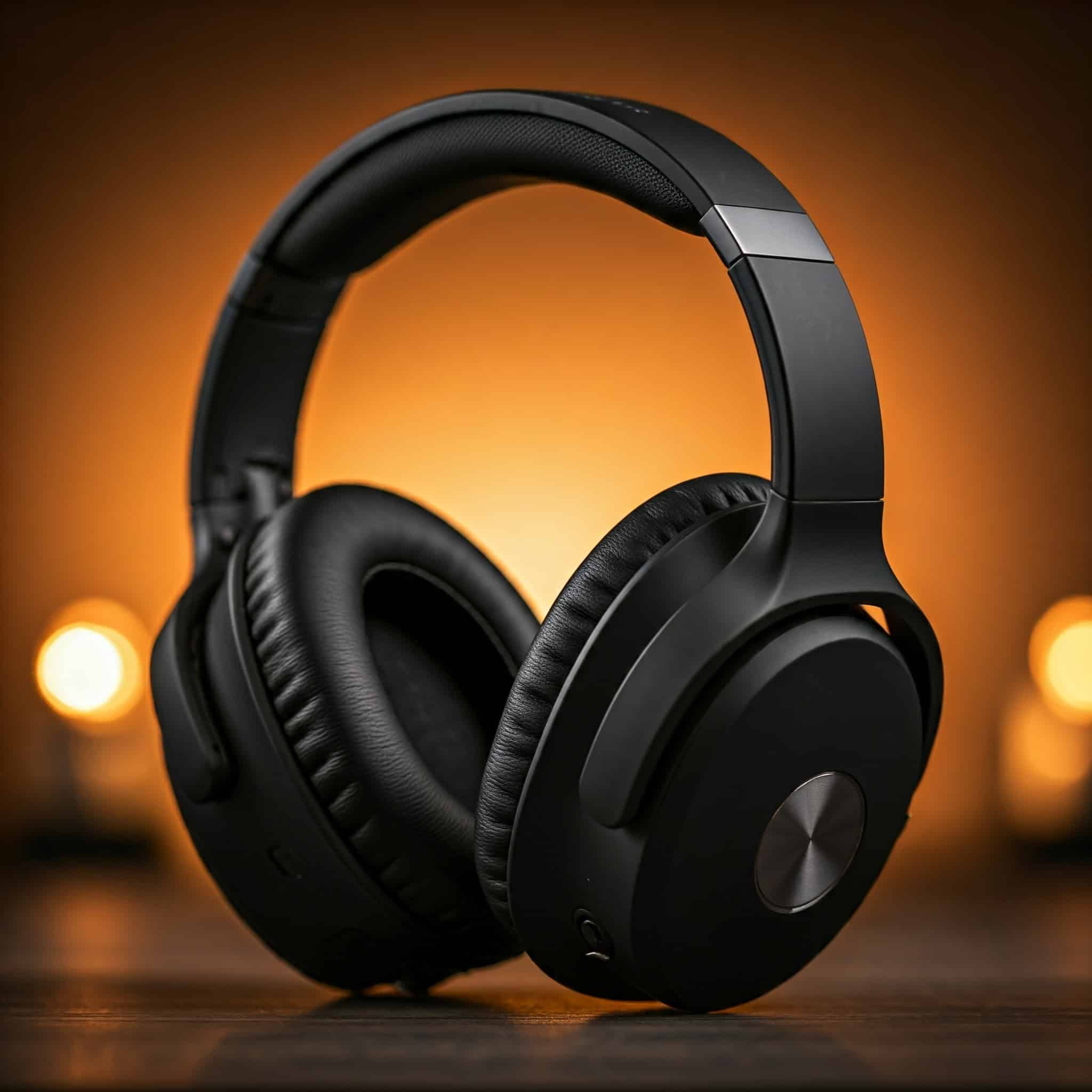Sound Therapy: A Symphony for Your Mind

In today’s fast-paced world, finding moments of peace and tranquility can feel like a luxury. The constant barrage of noise, information, and demands can take a toll on our mental health. Fortunately, there’s a simple yet powerful tool that can help us escape the chaos and find solace: headphones.
Headphones have long been associated with music and entertainment. However, their potential extends far beyond these traditional uses. When used thoughtfully, headphones can be a valuable tool for improving mental well-being and reducing stress. This article will explore how headphones can be used to create a personalized sound experience, promote mindfulness and meditation, enhance music therapy, and facilitate social connections.
From the soothing sounds of nature to the rhythmic beats of music, headphones offer a vast array of auditory experiences that can have a profound impact on our minds and bodies. Whether you’re seeking relaxation, stress relief, or a boost in mood, headphones can provide a symphony for your mind.
Key Takeaways:
- Sound therapy: Utilizing sound vibrations to promote relaxation, reduce stress, and improve overall well-being.
- Personalized sound experience: Creating a customized auditory environment through noise cancellation, customization, and headphone quality.
- Mindfulness and meditation: Enhancing mindfulness and meditation practices with guided recordings, nature sounds, and binaural beats.
- Music therapy: Utilizing music to address various physical, emotional, and cognitive needs.
- Social connection: Facilitating social connections and combating loneliness through shared music experiences, online communities, and social gaming.
By incorporating headphones into your self-care routine, you can experience the many benefits they have to offer.
The Science Behind Sound Therapy
Sound therapy, also known as sound healing, is a holistic practice that utilizes sound vibrations to promote relaxation, reduce stress, and improve overall well-being. The concept is based on the idea that sound can affect our bodies and minds on a cellular level.
- Frequency and Resonance: Sound is composed of vibrations that have specific frequencies. When these frequencies resonate with our bodies, they can have a profound impact on our physical and emotional states.
- Benefits of Sound Therapy:
- Stress Reduction: Sound therapy can help to lower cortisol levels, the hormone associated with stress.
- Improved Mood: Certain sounds can stimulate the production of endorphins, the body’s natural mood elevators.
- Better Sleep: Listening to calming sounds before bed can promote relaxation and improve sleep quality.
- Pain Relief: Sound therapy has been shown to be effective in reducing pain and discomfort.
Creating a Personalized Sound Experience
The quality of your headphones plays a crucial role in creating a personalized sound experience. High-quality headphones can deliver clear, balanced sound, allowing you to fully immerse yourself in the audio.
- Noise Cancellation: Noise-canceling headphones are particularly effective for creating a peaceful environment. By blocking out external noise, they can help you to focus and relax.
- Customization: Many headphones offer adjustable settings, allowing you to customize the sound to your preferences. This can be especially helpful for individuals with specific auditory needs or sensitivities.
Mindfulness and Meditation with Headphones
Mindfulness and meditation are powerful practices for reducing stress and improving mental clarity. Headphones can enhance these experiences by providing a calming soundscape.
- Guided Meditation: Listening to guided meditation recordings through headphones can help you to focus and stay present during your practice.
- Nature Sounds: The sounds of nature, such as rain, ocean waves, or bird chirping, can be particularly effective for promoting relaxation and reducing anxiety.
- Binaural Beats: Binaural beats are auditory illusions created by playing slightly different frequencies in each ear. They can induce a state of deep relaxation and promote brainwave synchronization.
Music Therapy and Emotional Well-being
Music has a profound impact on our emotions. It can uplift our spirits, soothe our souls, and provide comfort during difficult times. Music therapy is a therapeutic intervention that utilizes music to address various physical, emotional, and cognitive needs.
- Mood Boosting Playlists: Curating playlists of upbeat and uplifting music can help to improve your mood and combat feelings of sadness or depression.
- Soothing Melodies: Gentle, calming music can be used to reduce stress and anxiety.
- Lyric Analysis: Exploring the lyrics of songs can provide insights into your own emotions and experiences.
Headphones and Social Isolation
In today’s increasingly digital world, headphones can sometimes contribute to feelings of isolation. However, they can also be used to facilitate social connections and combat loneliness.
- Shared Music Experiences: Listening to music with friends or loved ones can strengthen bonds and create shared memories.
- Online Communities: There are many online communities dedicated to music and audio. Engaging with these communities can help you to connect with like-minded individuals.
- Social Gaming: Headphones can enhance the social gaming experience, allowing you to communicate and collaborate with other players.
Conclusion
Headphones are more than just a tool for listening to music. When used thoughtfully, they can be a powerful tool for improving mental health and reducing stress. By creating a personalized sound experience, promoting mindfulness and meditation, enhancing music therapy, and facilitating social connections, headphones can help us to find peace, tranquility, and emotional well-being in our busy lives.